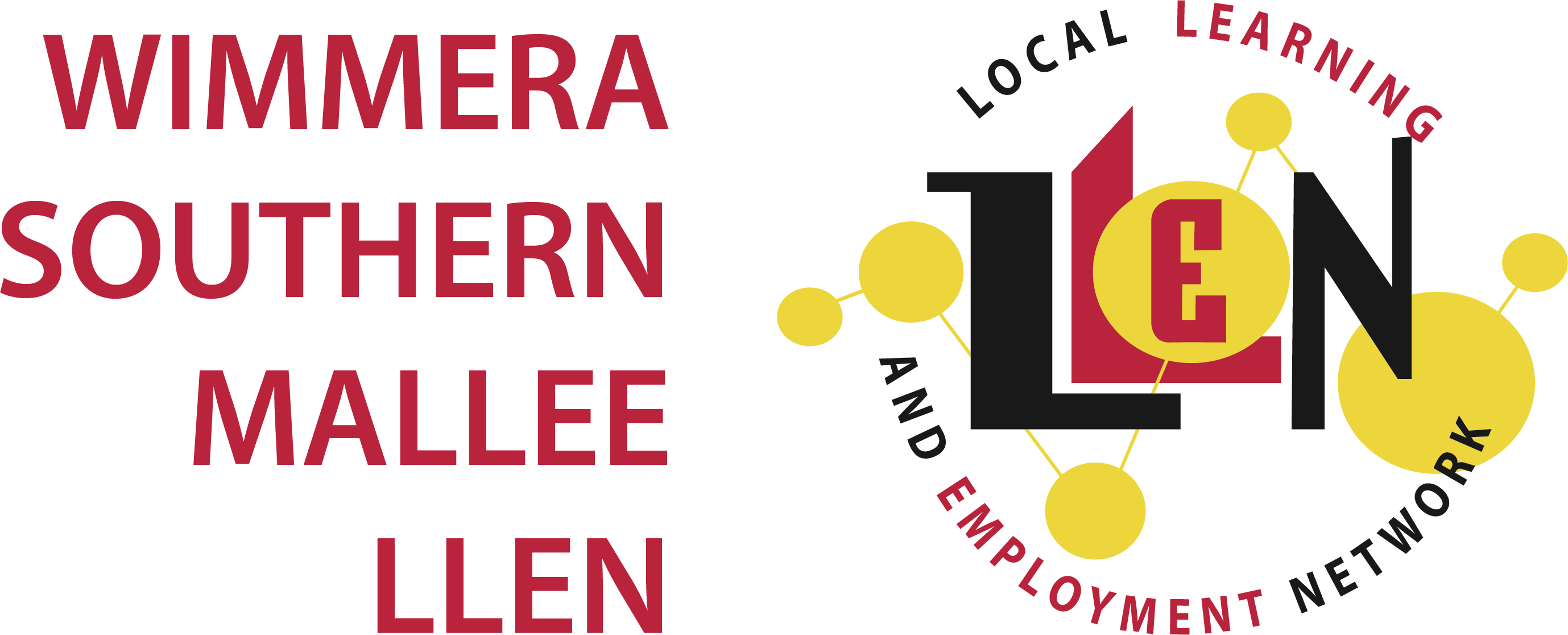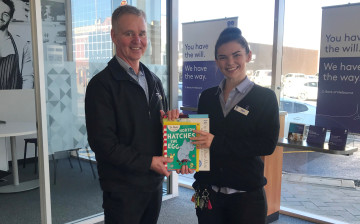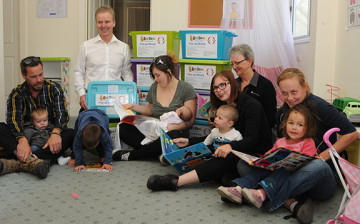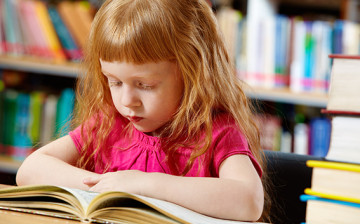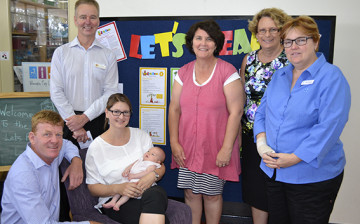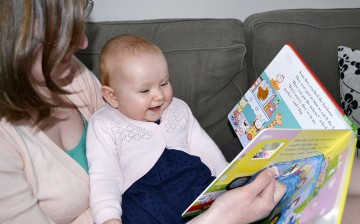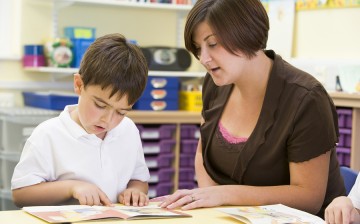The Ice-cream Shop
A recent conversation and pretend-play session with my three-year-old granddaughter centred around an ice-cream shop. Annie is a little chatterbox and loves ‘pretend play’. She will spend hours occupying herself creating conversations between her toys and loves to engage any willing members of the family in her imaginative world.
“Would you like to come to my ice-cream shop, Grandma?” I didn’t need a second invitation to spend some quality time with this special little person. I was offered a range of ice-cream flavours. The conversation went like this: “You could have mango, strawberry, blueberry, chocolate, vanilla, pineapple, or plumb.”
I asked, “Do you have ginger ice-cream? Ginger ice-cream is my favourite.”
“Well, no Grandma, I don’t have ginger ice-cream but I could ask my cook to make some.”
While the cook was making the ginger ice-cream, Annie announced that she would sing to me so, with a little toy accordion, she squeezed out a tune and made up a song about Grandma coming to her ice-cream shop. At the conclusion of the performance and after a round of applause from a delighted grandma, she announced, “I’ll go and see if the cook has finished making your ice-cream now, Grandma.” She promptly returned with my special order of ginger ice-cream. I licked my ice-cream with great approval. “This is the most delicious ice-cream I have ever tasted. How do you make such beautiful ice-cream?”
To my surprise, this three-year-old replied, “The ingredients are sugar, eggs, cream, vanilla and ginger and I mix them. I don’t cook them, I just mix them.” I was impressed on three counts, firstly that she knew the word ‘ingredients’, secondly that she could list a range of ingredients that were entirely appropriate to make ice-cream and thirdly that she knew that ice-cream didn’t need to be cooked. Our conversation continued, “Do you think your cook could make me another ginger ice-cream?”
“Well no, Grandma, he can’t.” “Why not,” I asked. ‘Well he died,” was the totally unexpected reply. “Oh dear,” I said. “That is terrible. Why did he die?” “Well Grandma, he just didn’t eat healthy food.”
The pretend play continued for over an hour with many servings of ice-cream, bad batches of ice-cream that had to be thrown out, a visit to the ice-cream shop by Grandpa and endless chatter.
I was enthralled by this pretend play experience and amazed by the imagination, creativity, knowledge and language skills of a three-year-old to be able to engage in such a detailed conversation. By the age of three, this little one has mastered complex sentence construction and can correctly use nouns (singular and plural), pronouns, adjectives, adverbs, verbs in various tenses, along with clauses joined by conjunctions in a sequence.
Not only is all of this grammar in place, but there is also an understanding of the importance of eating healthy food and ingredients to make ice-cream! I wonder what else is being stored in that little mind.
In visiting schools in our local region, we have heard that some schools are introducing ‘pretend play’ into the prep classrooms because, increasingly, children are coming to school with limited experience of pretend play. I wonder if its absence is having an adverse effect on our children. Pretend play is a vital part of language development for young children. In our increasingly fast-paced society and with the proliferation of electronic devices, perhaps we are not finding as much time to spend on the simple things like talking, reading and pretending with our children.
…and I am becoming increasingly aware of the valuable contribution grandparents can make in the lives of young children. While parents are extremely busy with careers and the ever-increasing need to work more, the one thing that many grandparents have, especially those who have retired, is time. I am convinced that the best inheritance I can leave to my children, is to invest time in my grandchildren.
